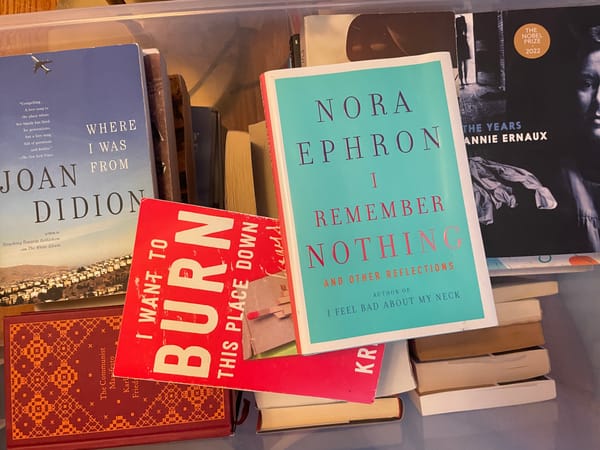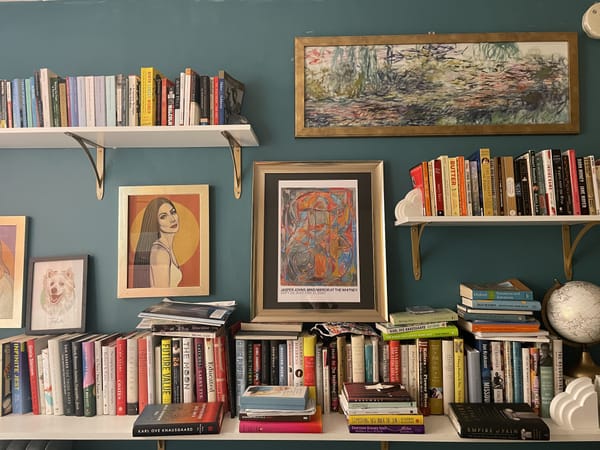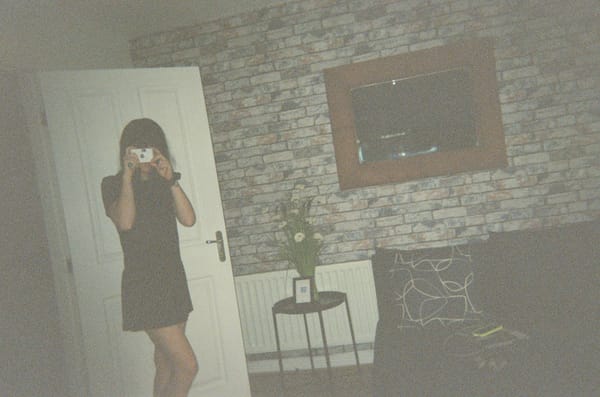The Banality of Burnout
In September of last year, I wrote what I am now certain is the best piece of writing I will ever produce. I could write the contemporary equivalent of Moby Dick and the external critical acclaim would never satisfy me more than every time I reread this single-page journal entry from the midst of the darkest period of my life.
I took mushrooms, like a lot of them, and went to a hot yoga class. They played Arcade Fire or music that sounds like Arcade Fire and I felt like a character from HBO’s ‘Girls’ and wept in warrior two. That’s not the way you ever want to see yourself.
It triggered a rather violent emotional confrontation with the state of my life and the feeling of total burnout that has made me numb to consequences and incapable of accepting help.
And that was that.
I came home and sat in the shower and heaved and cried. I laid on the couch for a bit and was flooded with thoughts of all the people who have been on my side and attempting to help me while I just sunk further and further into some state of nothingness.
Then, I walked the dog. I ordered Sweetgreen while walking him, then gave him a treat and his dinner. I put on an Expos hat because my face looked puffy and insane and then I picked up my bad Sweetgreen meal and ate it at home.
It is the least interesting thing that could ever happen to anyone, but it was incredibly profound to me.
This was the first journal entry I had written in nearly two months. Over the last two years, I have become a fastidious journaler, and the two-month gap in that notebook indicates how far removed I had become from myself. It is a great regret of my life that I left no written record of those weeks.
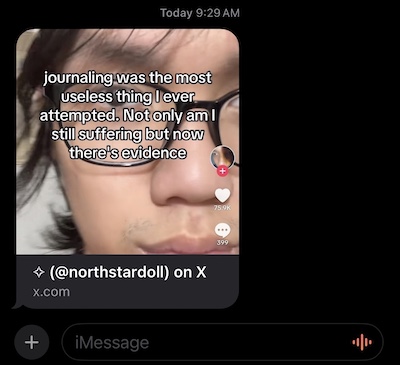
As a millennial who has spent time online over the last five years, I have absorbed the widespread discussion of “burnout” and its apparent epidemic across my generation. The topic hardly interested me because as a maniacally ambitious person, the experience of “burnout” felt definitively removed from my own life.
That sentence alone sums up exactly how I found myself mired in flailing ambivalence just at the moment when I had reached stability in both my personal and professional lives. The rocket that had long been driving me toward conventional markers of capability and security had passed through the Earth’s atmosphere and was now floating aimlessly in outer space.
My problem with most writing about “burnout” is that it is often geared at identifying and resolving it and doesn’t remotely capture the exceptional fear and separation from the person you once thought of as yourself. The depths of that pain will also not be captured here: Everyone’s experience of “burnout” is different, and this piece of writing is mostly tell, not show.
The recognition and acceptance of what we call “burnout” didn’t turn things around for me. The books, podcasts, and random pieces of writing I read about the concept didn’t bring me the relief I sought. The condition’s intensity only grew from that profound but banal moment at that hot yoga class.
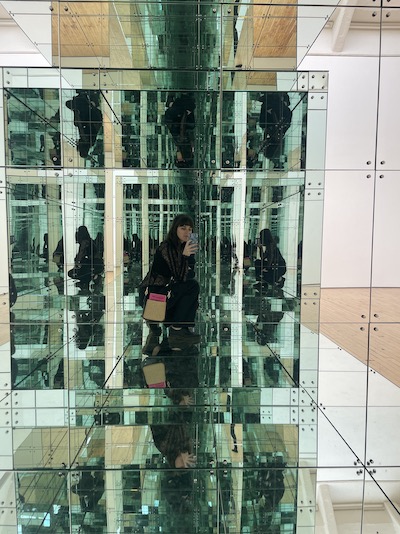
I have spent the time since September searching for my bespoke cure from this experience. The feeling I had in the early weeks of this project can best be described as trying to expel it from my body in a state of quick catharsis.
The switch didn’t flip — not when I returned to journaling and sought out an immense amount of art, film, and literature to refill my empty reservoir of creativity. It didn’t let go when I filled my social calendar on weekends to try to shake out the misery I felt in every moment of my life. It didn’t improve with medication, therapy, or any other tool I used in my desperate attempt to pull my life out of an apathetic tailspin.
Time away from work — which I had the rare luxury of receiving due to the work of my labor union — allowed me the space to search for a solution, but that time alone was not restorative. Sleeping didn’t give it time to process. Learning to surf didn’t transform me back into a dynamic person.
This ambivalence — “burnout” — is still clinging to me now after a year of torment. But it is lighter, less consuming, and more of an irritation than an impediment to reviving my (new, updated) sense of inspiration.
Yet it still feels, as I fortunately recorded in my journal last September, both personally profound and overall uninteresting. (Plus, my experience of it has been quite burdensome for my many wonderful friends.) As a writer, I sincerely hope you are bored of my earnest accounting of my banal nightmare and if not, I worry that you are in the midst of it, too.
But come on, you have to admit, when it is laid out this way, it would have made for the perfect B-list episode of ‘Girls’.
Critical Thinking is a reader-supported publication. To receive new posts and support my work, consider becoming a free or paid subscriber.


